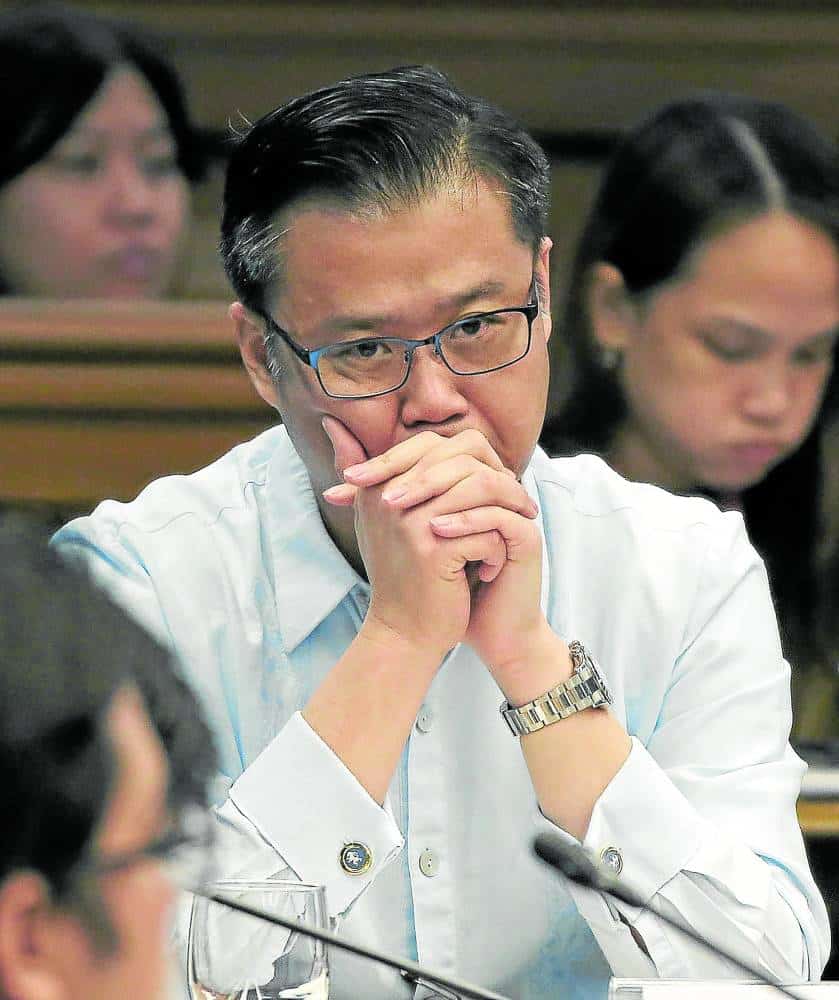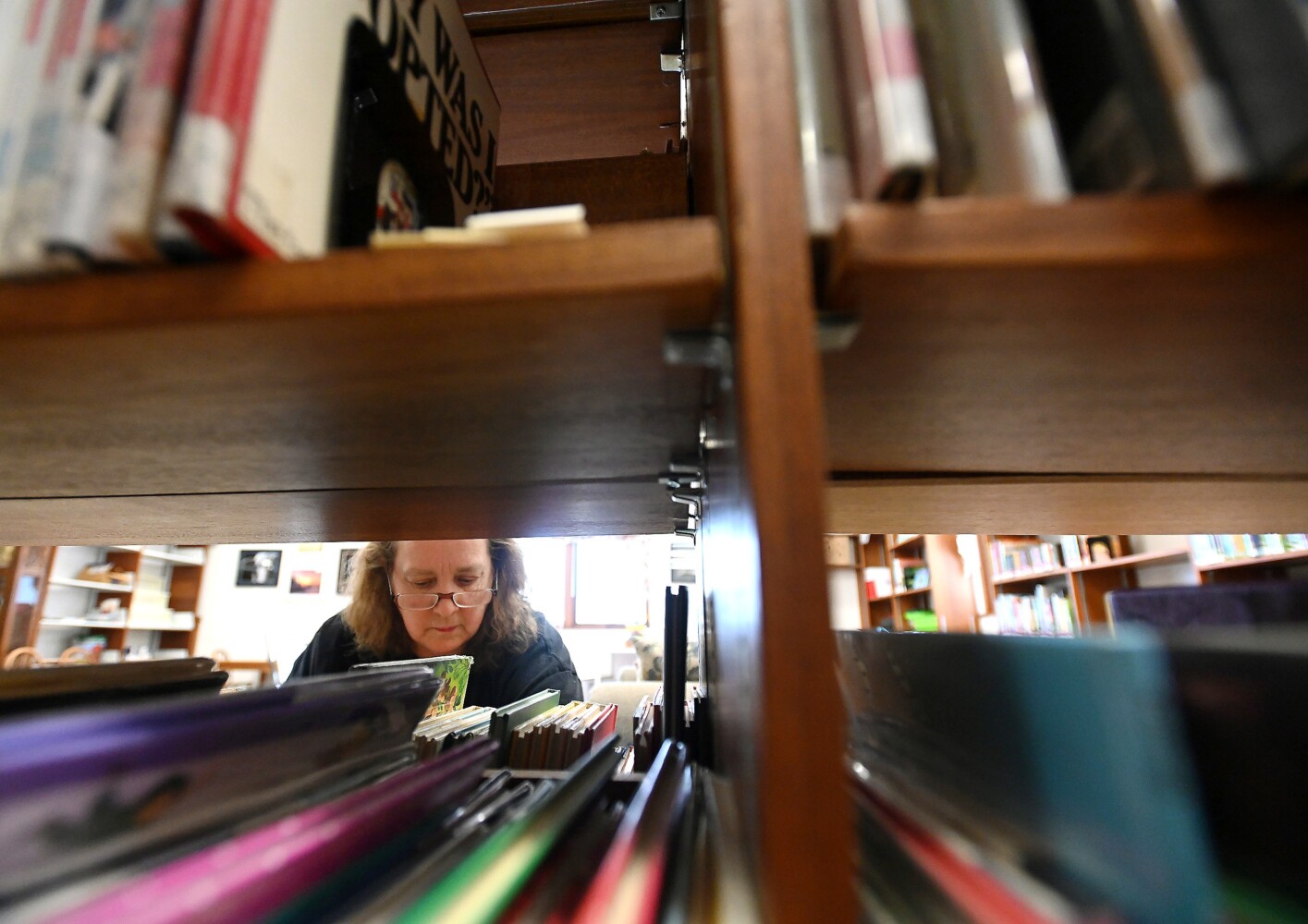A year ago, none of the nine young people had any idea about circuits or voltages, and today, under the guidance of a teacher, they have been able to assemble photovoltaic panels and electric charging stations for vehicles. By the end of May, and after 930 hours of training and practice, they will be able to work as assistants in the renewable energy sector. And if they pass the exam for the green certificate, they will even be qualified to sign electrical reports.
Dyana González, 28 and the mother of a two-year-old, is the only woman on the team. Safety helmet in hand, she explains that she already dreams of starting her own company and being its leader. It hasn't been easy becoming part of the TàndEM project, promoted by the Germán Benito Menni Foundation of San Juan de Dios, in Sant Boi de Llobregat.

The nine young people are among the 35 chosen by the State Public Employment Service (SEPE, formerly INEM) to participate in a job placement project for young people in vulnerable situations who have difficulty accessing the labor market. The plan is supported by a grant from the European Next Generation Fund so that this group "can learn while they do," says the Foundation's director, Josep Torrico. He speaks of a kind of dual vocational training: three months of theory in a classroom and 12 more months of practical work installing solar panels at the La Semilla and Hort de la Vila centers for the homeless, run by the same religious order.
For Torrico, this "usefulness" of the participants' work is part of the spirit of the program, which seeks above all to "transform." On the one hand, it stimulates and fosters the self-esteem of young people who haven't always had it easy in life, and also because they realize that their efforts will benefit others and are not just about completing their exams. On the other hand, it aims to combat youth unemployment, which is high in Spain and even more so among young people without formal education.
The first contract The young people, aged between 18 and 29, are already putting the finishing touches on the installation of the Hort de la Vila building in the Barcelona neighborhood of Sarrià. They are even proud to explain how the solar panels, low voltages, and transformers work. "We are apprentices, like the old days," says González.
For all of them, the contract with TàndEM is the first they have signed in their lives, and the fact of working, training, and being paid has been an "incentive" to continue, explains Jarot Briones. The contract entails earning them around 950 euros per month, the equivalent of 75% of the minimum interprofessional wage (SIM). It's money that helps them survive, contribute to their family, or pay for the room they share.
This is the case of Mohamadou Sanogo, a refugee from Mali, who hopes that with the skills he's acquired through electricity and the language classes he refers to at the adult education school, he can channel "the future." Having arrived alone in Catalonia fleeing the war, the Spanish government has recognized his right to international protection until at least 2029, when he will have to renew his paperwork. In Andrew Hidalgo's case, the title should serve, he says, to give him "the boost" he needed.
In this training, they have learned to understand how companies work, how to create a resume, and have even had the opportunity to make initial contact with the sector. A few weeks ago, the group—along with eight other students from Almacelles, in Lleida—met with participants from all over Spain and with representatives of energy companies who encouraged them, emphasizing that green energy requires professionals. "I'm sure we'll all find work starting in May," when the program ends, Hidalgo predicts.
.
Politics

"I'm sure we'll all find work": Young people in vulnerable situations are training in renewable energy.

A year ago, none of the nine young people had any idea about circuits or voltages, and today, under the guidance of a teacher, they have been able to assemble photovoltaic panels and electric charging stations for vehicles. By the end of May, and after 930 hours of training and practice, they will be able to work as assistants in the renewable energy sector. And if they pass the exam for the green certificate, they will even be qualified to sign electrical reports. Dyana González, 28 and the mother of a two-year-old, is the only woman on the team. Safety helmet in hand, she explains that she already dreams of starting her own company and being its leader.















